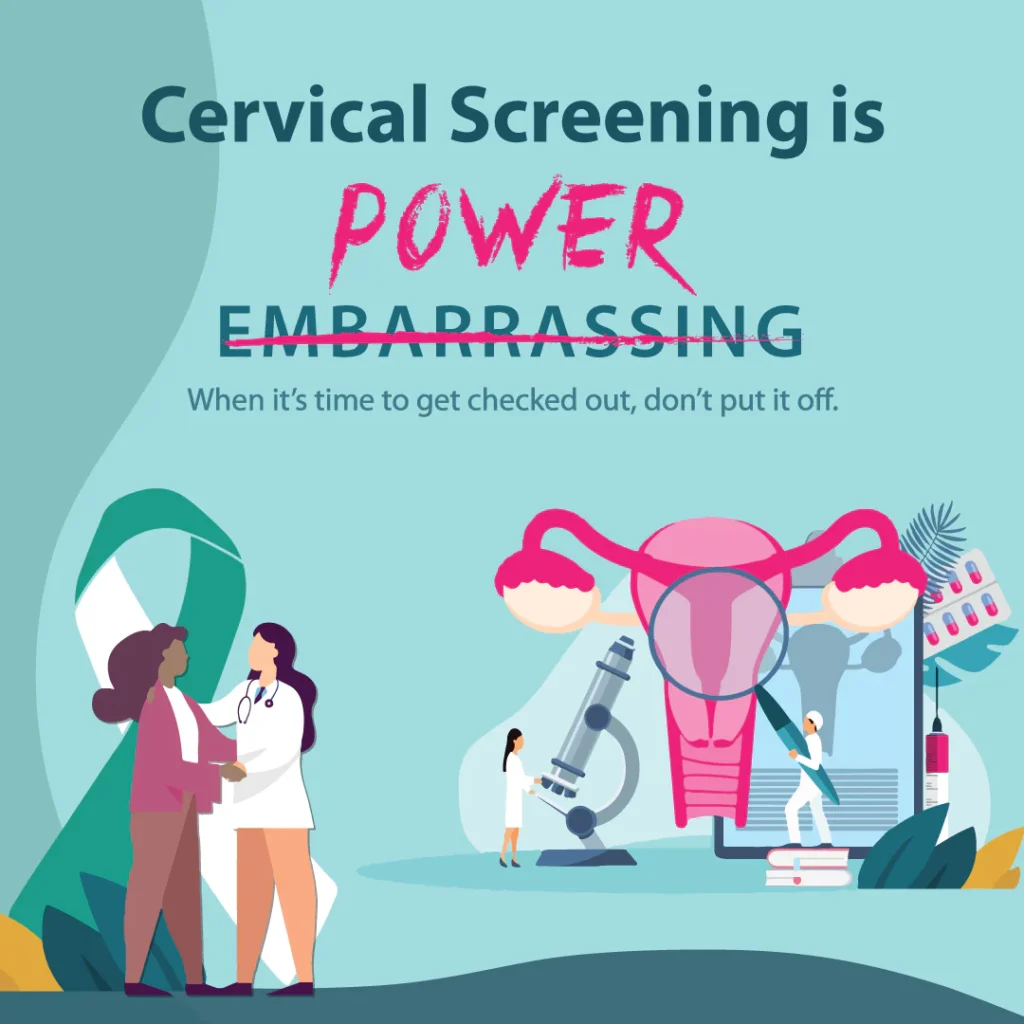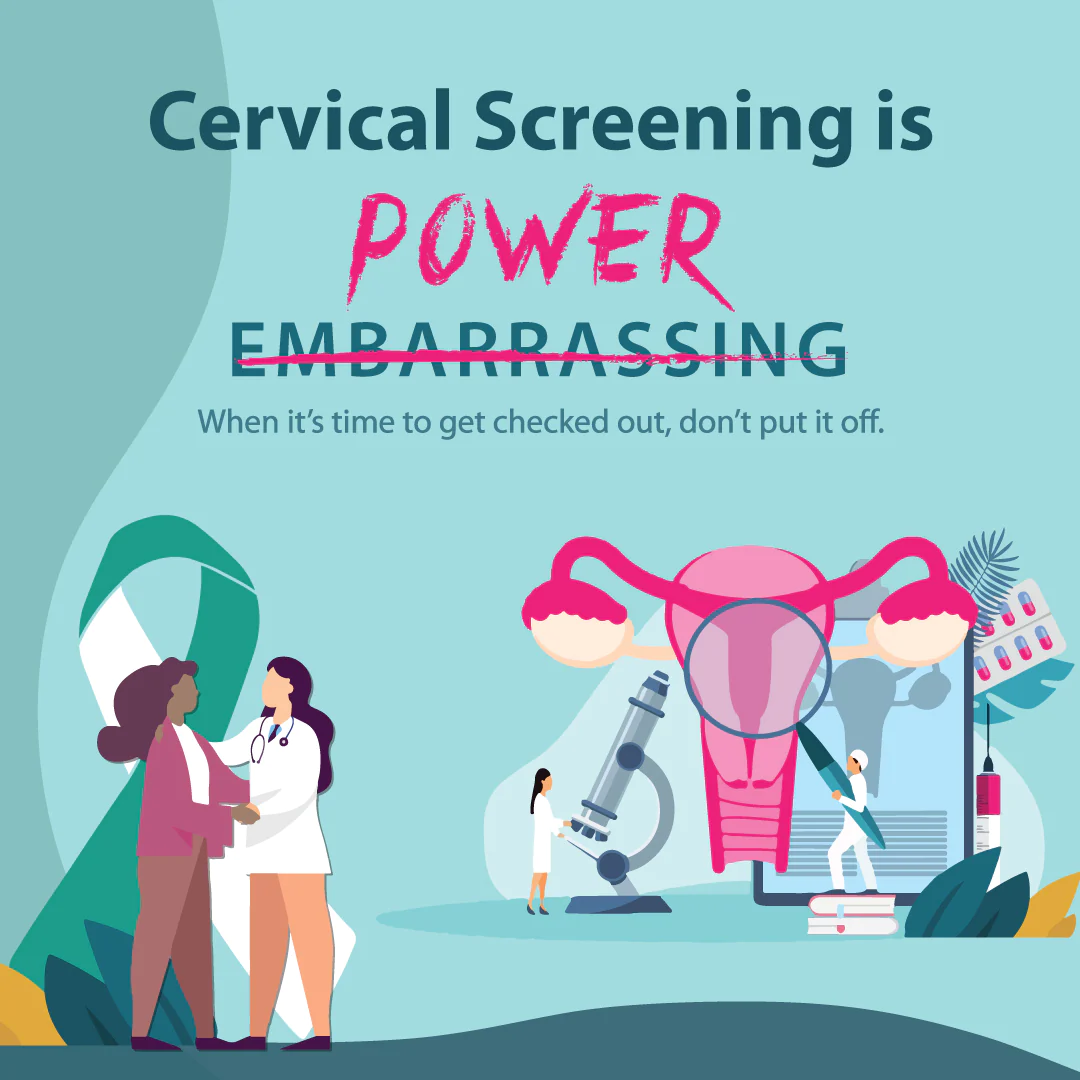
Introduction:
Maintaining optimal women’s health involves regular screenings and examinations. One essential test that plays a pivotal role in preventing and detecting cervical cancer is the Pap smear. In this blog post, we’ll delve into what a Pap smear is, why it’s important, when and how often you should get tested, and the significance of early detection. Throughout the article, references to reliable sources will be provided to ensure accurate and up-to-date information.
What is a Pap Smear?
A Pap smear, also known as a Pap test or cervical smear, is a medical procedure used to screen for cervical cancer and other abnormalities in the cervix. During a Pap smear, a sample of cells is collected from the cervix and then examined under a microscope to identify any potential issues.
Why is the Pap Smear Important?
Cervical cancer is a preventable disease, and the Pap smear is a powerful tool in its prevention. According to the World Health Organization (WHO), cervical cancer is the fourth most common cancer among women globally, and it is estimated that regular Pap smear testing could prevent up to 80% of cervical cancer deaths. [1]
When and How Often Should You Get a Pap Smear test?
The recommended age to start Pap smears varies by country and organization, but they generally begin around age 21. The frequency of testing also depends on various factors. The American Cancer Society (ACS) suggests the following guidelines for Pap smear frequency: [2]
- Ages 21 to 29: Every three years
- Ages 30 to 65: Every five years with HPV testing, or every three years with a Pap smear alone
- Ages 65 and older: Discontinuation of testing if recent screenings have been normal
The Significance of Early Detection:
Early detection is key to successfully treating cervical cancer. Pap smears can identify abnormal cell changes in the cervix long before they develop into cancer. This allows for timely intervention and treatment, reducing the risk of disease progression. Regular Pap smears can catch cervical cancer at its most treatable stage.
Conclusion:
Pap smears are an essential component of women’s healthcare, providing a simple and effective way to screen for cervical cancer and other abnormalities. By following recommended guidelines and undergoing regular screenings, women can take proactive steps to safeguard their health and well-being.
References:
- World Health Organization (WHO). (2020). Cervical cancer. Link
- American Cancer Society (ACS). (2023). Cervical Cancer Screening Guidelines. Link
Please note that medical guidelines and recommendations may change over time, so it’s always a good idea to consult with your healthcare provider for the most current information regarding Pap smear testing and women’s health.

